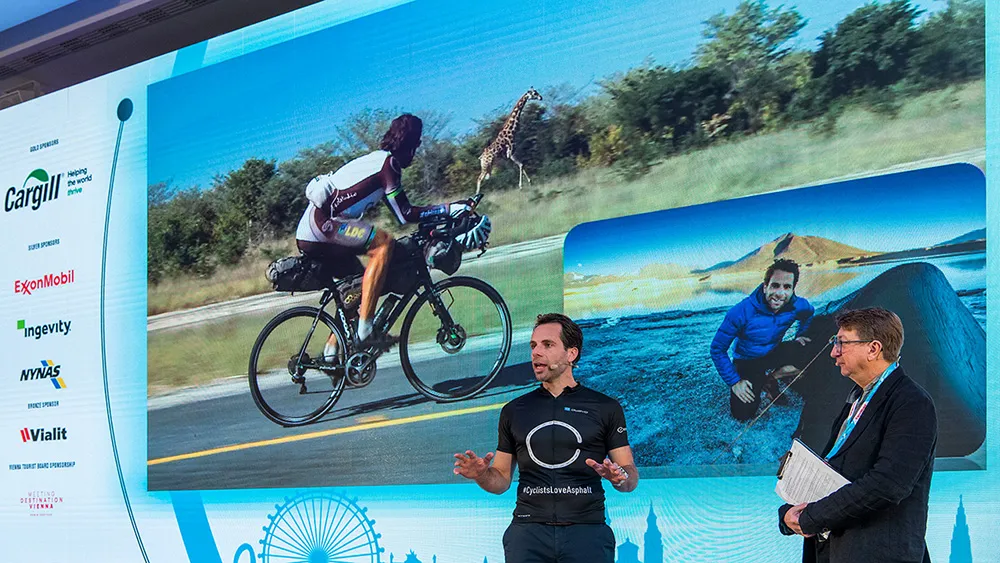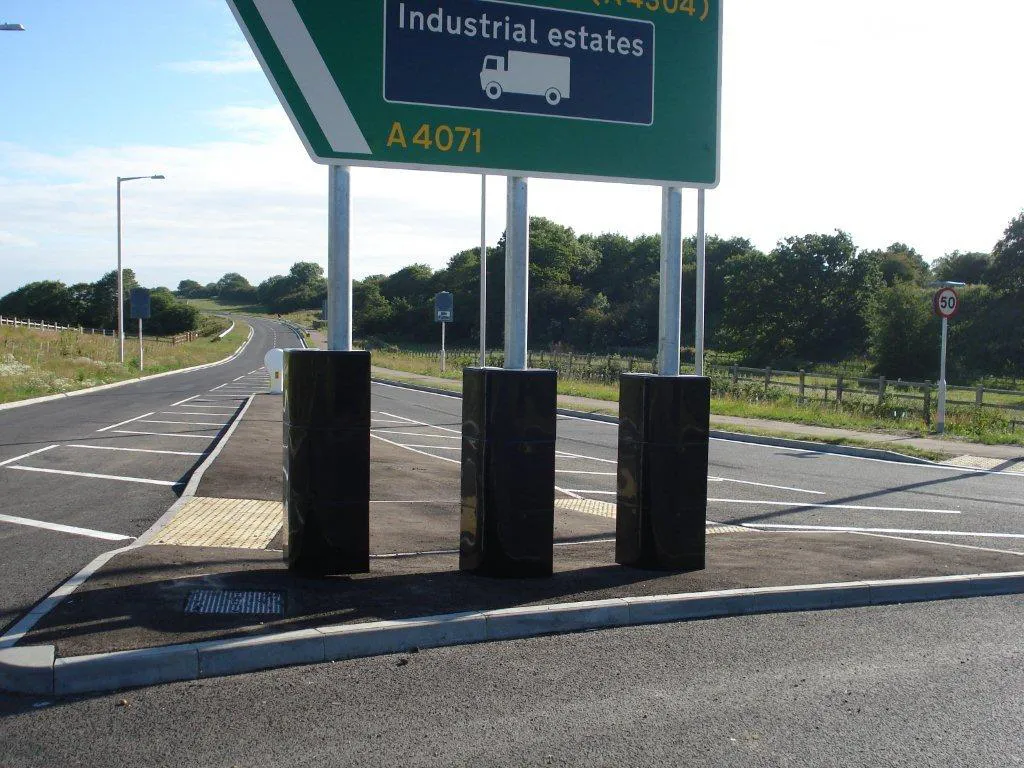According to a study released at a spinal research conference, the spinal disks in the human body are able to protect themselves. This is of particular importance to the off-highway equipment sector, where there is debate over the long term effects of operating heavy equipment. Seat specialist Grammer and the European Spine Journal sponsored the award scheme, won by a research group headed by Dr Christopher A Sharp and also including professor Sally Roberts, Dr Helena Evans and Dr Sharon J Brown.
May 28, 2012
Read time: 2 mins
According to a study released at a spinal research conference, the spinal disks in the human body are able to protect themselves. This is of particular importance to the off-highway equipment sector, where there is debate over the long term effects of operating heavy equipment. Seat specialist Grammer and the European Spine Journal sponsored the award scheme, won by a research group headed by Dr Christopher A Sharp and also including professor Sally Roberts, Dr Helena Evans and Dr Sharon J Brown. The study was on the impact of stress on spinal cartilage cells and won the European Spine Journal Award 2010 at the EuroSpine conference, which was held in Austria's capital Vienna and hosted well over 2,000 biomechanics experts, biologists and doctors. The research investigated whether there is evidence in degenerated cartilage cells of a possible cellular protection mechanism against the predominating adverse environmental conditions (poor nutrition and an accumulation of waste products resulting from the degeneration). Human intervertebral tissue from people who had suffered disk ruptures was compared with tissue from healthy people and those with degenerative disk disease. The results of the study revealed that people with a herniated disk had more cell clusters - a cell structure of three or more cells - in the affected tissue than did the other groups.









